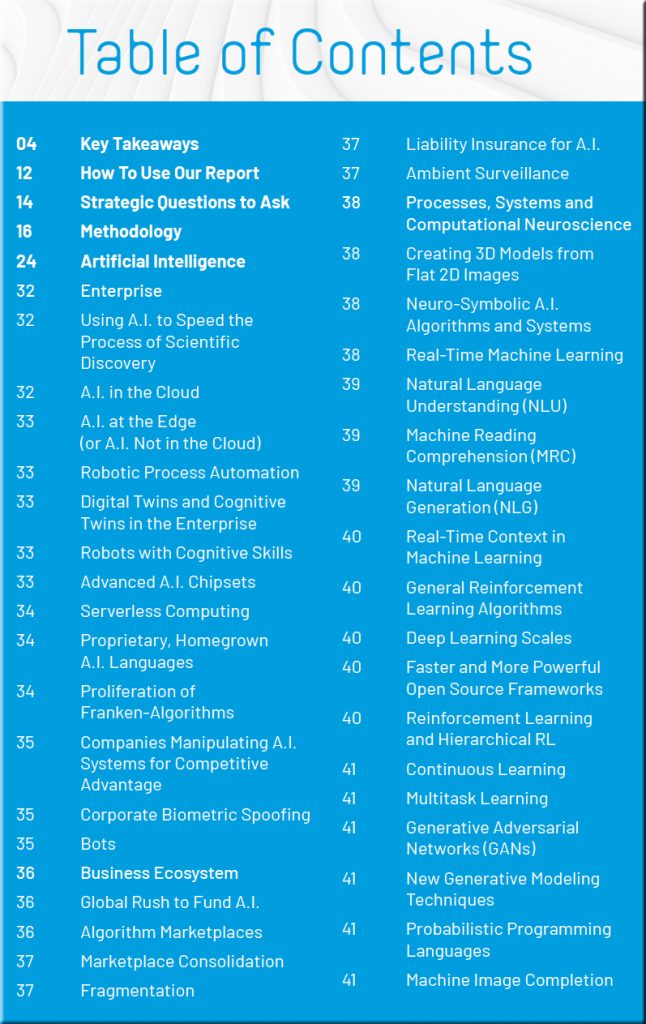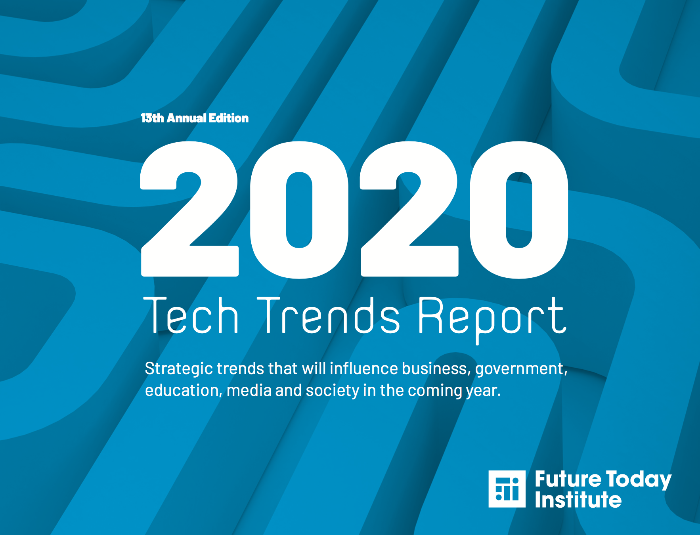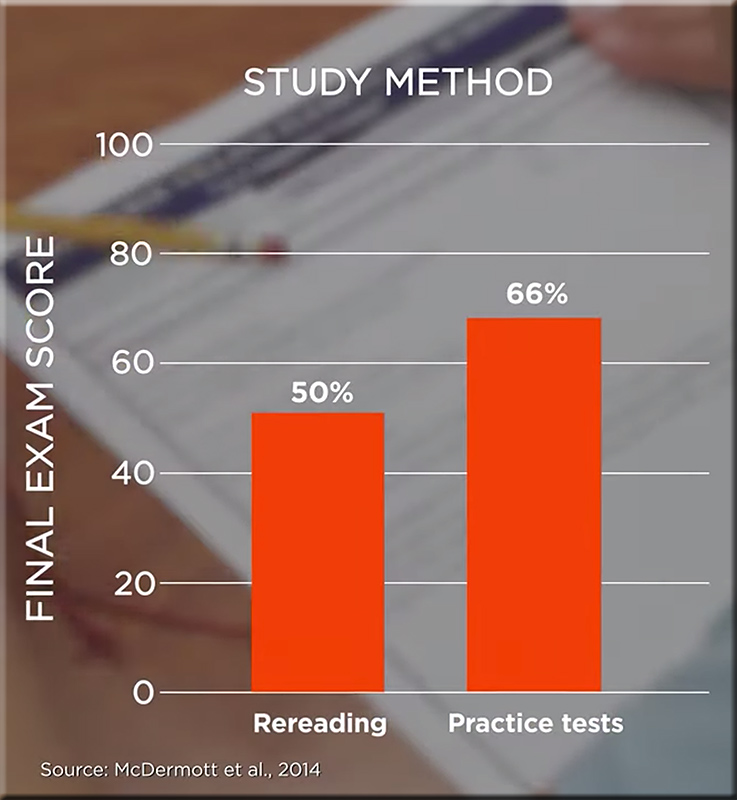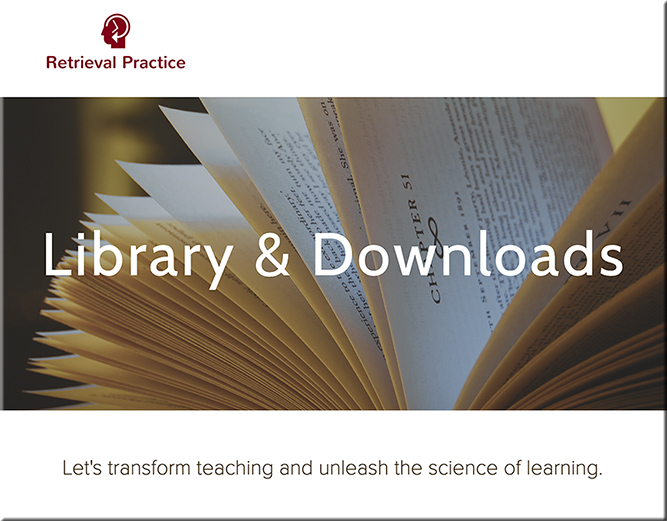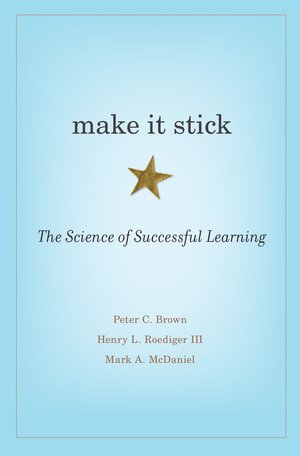Knowing How to Study Can Mean the Difference Between Success and Failure for First-Generation Students. Here’s How Instructors Can Help. — from chronicle.com by Beth McMurtrie
Excerpts (emphasis DSC):
Some of the mistakes first-gen students make are common to undergraduates: They focus on re-reading and memorizing to absorb what they’re learning, rather than summarizing material in their own words, or quizzing themselves, which are more effective techniques. But many also carry the burden of imposter syndrome – feeling like they don’t belong in college – or simply don’t know how college works. That, says Horowitz, discourages them from seeking out their professors during office hours or heading to the tutoring center for help. As a result they may spin their wheels even more furiously as they fall behind.
…
Horowitz, who now works at Bard High School Early College Newark as a faculty member in chemistry, reached out to me after I wrote about the importance of helping undergraduates develop the metacognitive skills necessary to become effective learners. It turns out, she’s written a book about some of those strategies, tailored to the needs of first-generation students.
Horowitz designed the book to appeal to a mass audience of STEM faculty. “The most effective person to tell students how to study for a particular course is the instructor,” she says. “They can easily put little pointers in their classroom about how students should be studying. I believe that could be revolutionary for first-generation college students.”
Horowitz suggests putting study tips into the syllabus and then reviewing them in class.
…
Explain how to use problem sets effectively.
…
In reading-oriented classes, she recommends that, after reading each chapter, students write a single paragraph that synthesizes and summarizes the material. And on tests she often lists the amount of time students should spend on each problem.
…
Reach out, she says. It will pay off for both of you.
“For most of them it’s a big sense of relief that they’re having a conversation with you,” she says. “Most have been suffering in silence for a long time.”
